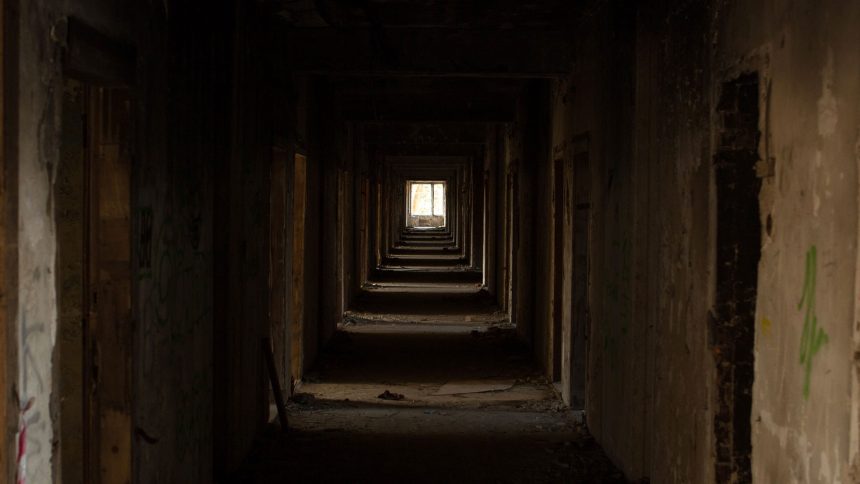Noori has been behind bars for the last 5 years, with her 4 year old daughter. Raped by her fiance’s brother, she first confided in her fiancé-perhaps her biggest mistake. He lashed her with his belt for the better part of the night and then the next morning took her to the nearest police station, from where she was transferred to prison. Noori gave birth in jail. Every day she rises at the crack of dawn to pray- for a trial, for justice, for freedom.
She is surrounded by many women faced with the same situation, some of whom have been there for 12 years, without any hope for a day in court. Regarding prison visits by the family to women inmates inside the prison, most inmates have never been visited by the families ever since they came to prison. These women are charged with fornication outside marriage and sentenced to 100 lashes, and then sent to jail. In Pakistan, women who report their rapists remain more likely to go to prison themselves than see justice, so most cases are never reported. Women who are raped can face legal difficulties anywhere in the world, but human rights groups remain particularly concerned over Pakistan’s record. Their alarm is centered on enforcement of the ‘Hudood ordinances’, a complex set of Quranic laws whose name is derived from hud meaning ‘punishment’. Similar sharia laws have existed in Saudi Arabia, Iran and Sudan for centuries, but Pakistan’s were enacted by former President Zia ul-Haq only in 1979, as part of his radical attempt to ‘Islamicise’ the country. The maximum punishment for adultery is stoning to death for married people and 100 lashes for the unwed.
Torture, inhuman punishment, and degrading treatment of prisoners is fairly common in Pakistan. Yet, torture and ill-treatment of women in custody — as a phenomenon distinct from the mistreatment of men-had received scant attention from those concerned with human rights in the international community.
Ms. Kalpna Devi, a High Court advocate sums up the situation for a female accused from the day she is arrested to the entry into prison, especially the behavior of male police and the risk she has as a woman at every stage. She said that male police officers put their hands on her shirt, scarf or arm. In Islam, he is not a ‘mehram’, so he cannot touch her in that way. But he drags her to the police van and station (touching any part of the body). Mostly, women police personnel are not present. They have to produce the arrested person to judicial magistrate in 24 hours. But they are kept at police stations for longer periods. So women are at risk everywhere: at male police station, in prison, in Darul Amman, even in court premises. Sexual abuse is not sexual act only. It is committed with words, with gazing eyes, with the behavior. Sexual abuse has already started with arrest. When an accused woman is produced in court, everybody is staring at her: lawyers, peons, other court officials.
The government’s proposed amendments to the Hudood Ordinances are grossly inadequate and fall far short of the reform necessary to end legalized discrimination and deter violence against women. A Portuguese proverb says: ‘Like king, like law; like law, like people.’ It obliges us to do what is proper and not simply what is just. A storehouse of the morals of the people, it does not, by itself, generate justice, which has to be imported in its application. So many are blind to the idea that, the application of laws that do not protect but persecute ordinary citizens can never generate justice. When such laws are wrongly presented as being divinely ordained, they are simply immoral. These reasons warrant the immediate dismantling of the Hudood Ordinances only then will this legalized brand of of violence against women come to an end.

